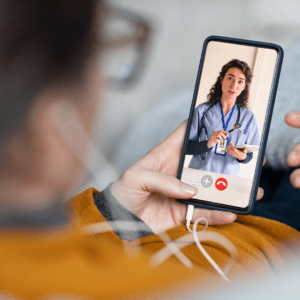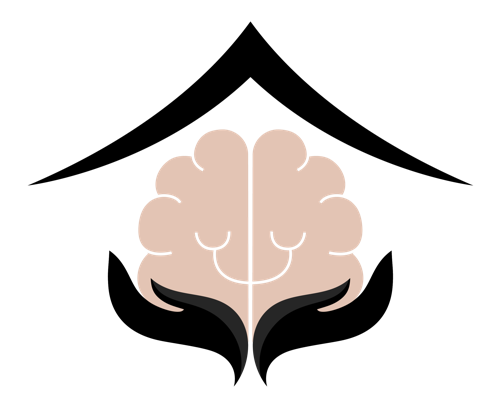Ketamine is a powerful medicine recently used to treat depression, anxiety, and other mental health concerns. One of the most common concerns is that their ketamine dose is not working. It can be frustrating when you’re investing time and money in this treatment but not seeing any results. However, it’s essential to be patient and not increase your dose too fast. Let’s talk about why patience is vital with ketamine treatment, how you don’t want to increase the dose too fast, and it can take some time to notice the benefits for your mental health.
 Be Patient: The first thing to remember is that ketamine treatment takes time. It’s not a magic pill that will immediately cure your mental health concerns. Depending on the severity of your symptoms, it may take several treatments before you notice any significant improvement. Patience is key here. Getting frustrated and giving up after a few unsuccessful treatments is easy, but you must give the treatment time to work. Trust the process and stay committed to the treatment plan.
Be Patient: The first thing to remember is that ketamine treatment takes time. It’s not a magic pill that will immediately cure your mental health concerns. Depending on the severity of your symptoms, it may take several treatments before you notice any significant improvement. Patience is key here. Getting frustrated and giving up after a few unsuccessful treatments is easy, but you must give the treatment time to work. Trust the process and stay committed to the treatment plan.
Don’t Increase Your Dose Too Fast: One mistake many people make is increasing their ketamine dose too quickly. It’s essential to follow the dosage prescribed by your healthcare professional. Increasing your dose without their recommendation could lead to complications and adverse side effects. Moreover, it could lead to diminishing or no benefits, making the treatment ineffective. Sometimes, slowing down or taking a break is better than doubling the dose.
 Understand That Ketamine Has a Delayed Effect: Ketamine treatment has a delayed effect, which means that the benefits may not be immediately noticeable after a session. Many people report feeling a little “off” after treatment, so it’s vital to plan the day after therapy to relax and allow the drug to take effect. It might take a few days or sessions before you start to feel any positive effects, so it’s essential to be patient and not give up on the treatment too soon.
Understand That Ketamine Has a Delayed Effect: Ketamine treatment has a delayed effect, which means that the benefits may not be immediately noticeable after a session. Many people report feeling a little “off” after treatment, so it’s vital to plan the day after therapy to relax and allow the drug to take effect. It might take a few days or sessions before you start to feel any positive effects, so it’s essential to be patient and not give up on the treatment too soon.
Communicate with Your Prescribing Provider: Communicating concerns or questions with your provider is important. They’re an essential part of your treatment plan and have your best interest in mind. If you’re not noticing any positive effects, talking to them about it and exploring other treatment options could be beneficial. Sometimes a higher dosage, a different administration method, or combining ketamine with other medications might be helpful.
Practice Self-Care: Ketamine is just one aspect of your mental health treatment journey. Practicing self-care and incorporating other healthy habits into your daily routine is essential. Ensure you’re eating healthy, getting enough sleep, exercising, managing your stress, and seeking support from friends and family. Ketamine treatment can be an excellent tool to address your mental health concerns, but it’s not a cure. Practicing self-care can help support the positive effects of ketamine treatment.
 If your ketamine dose is not working, don’t panic. Be patient and give the treatment time to work. Avoid increasing your dose too fast and follow your healthcare professional’s advice. Understand that ketamine has a delayed effect and communicate any concerns or questions with your healthcare professional. Finally, practice self-care and incorporate other healthy habits into your daily routine. By doing so, you can maximize the benefits of ketamine therapy and manage your mental health concerns.
If your ketamine dose is not working, don’t panic. Be patient and give the treatment time to work. Avoid increasing your dose too fast and follow your healthcare professional’s advice. Understand that ketamine has a delayed effect and communicate any concerns or questions with your healthcare professional. Finally, practice self-care and incorporate other healthy habits into your daily routine. By doing so, you can maximize the benefits of ketamine therapy and manage your mental health concerns.



